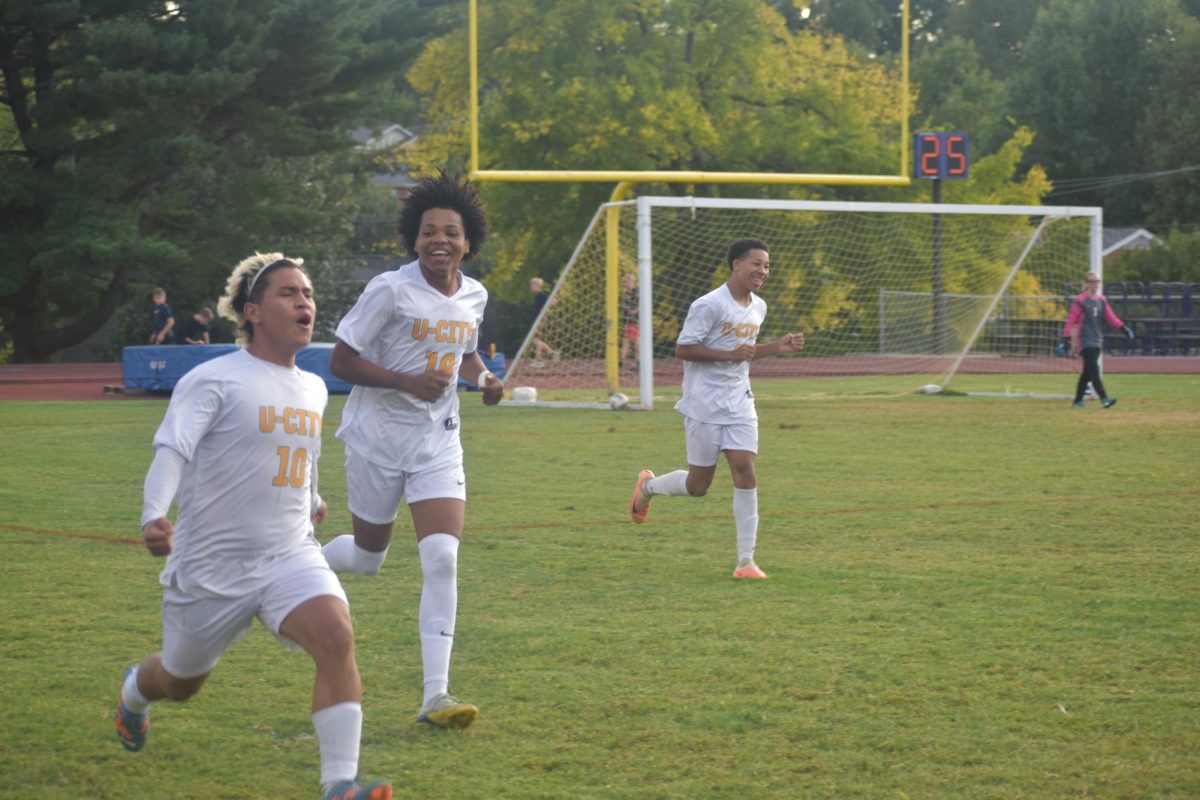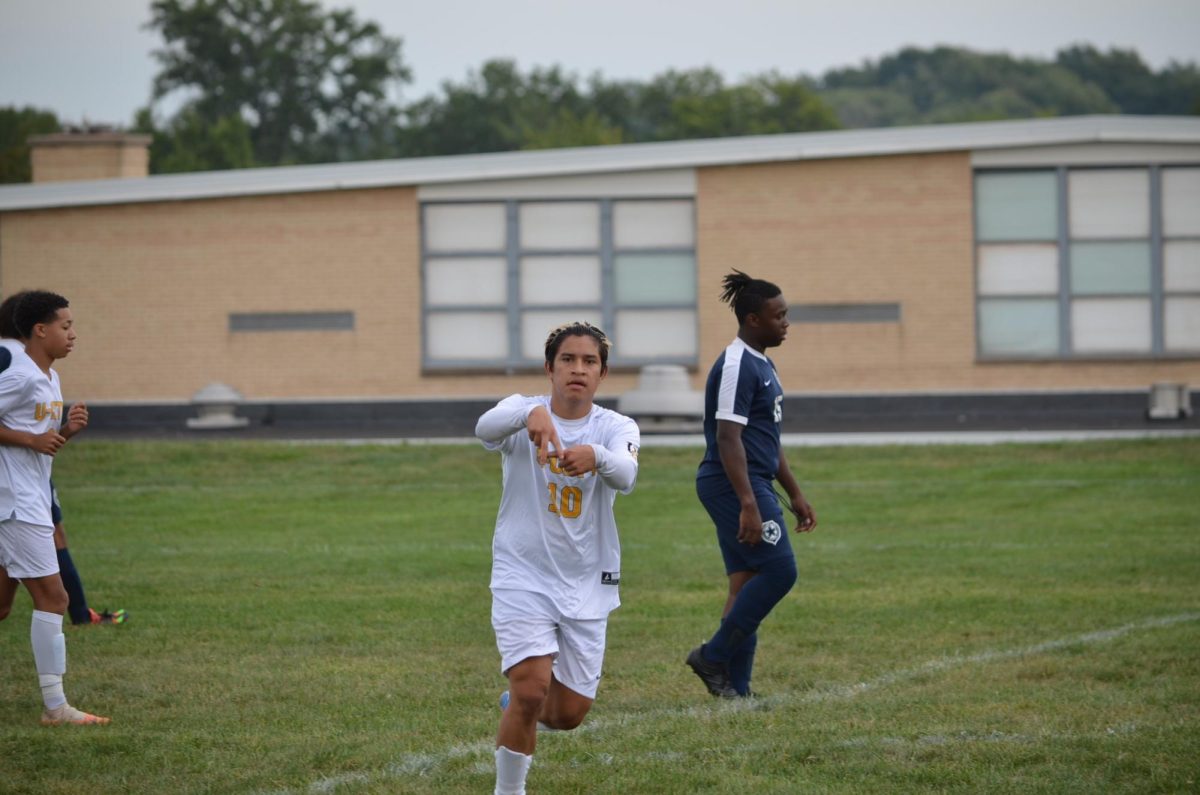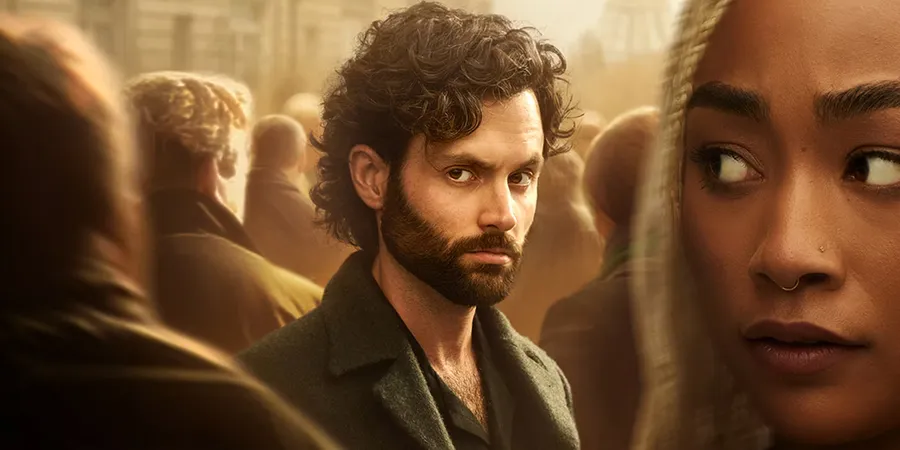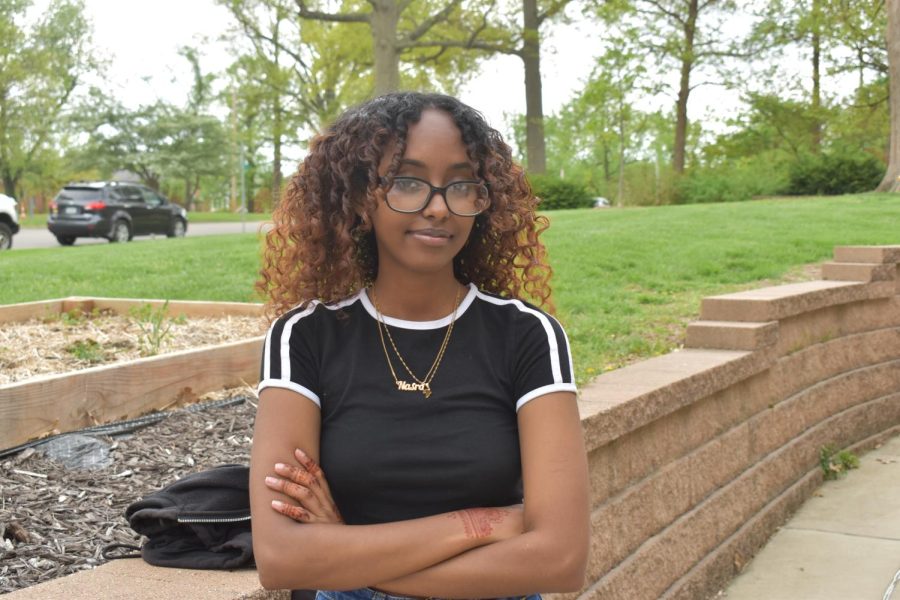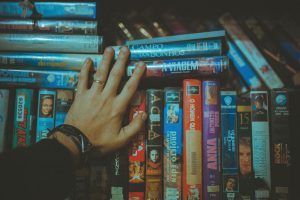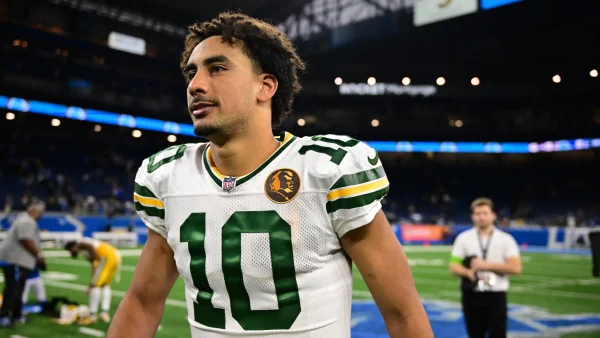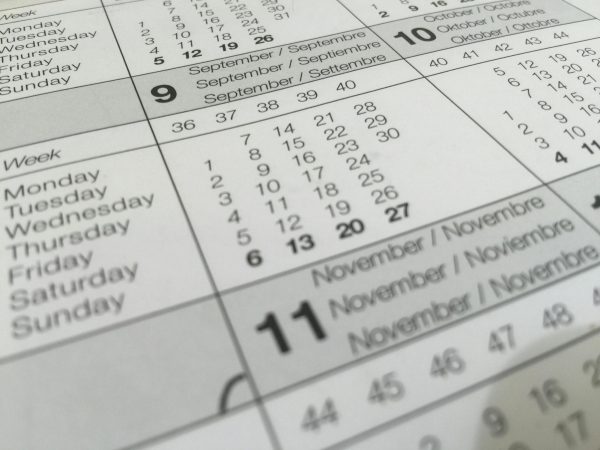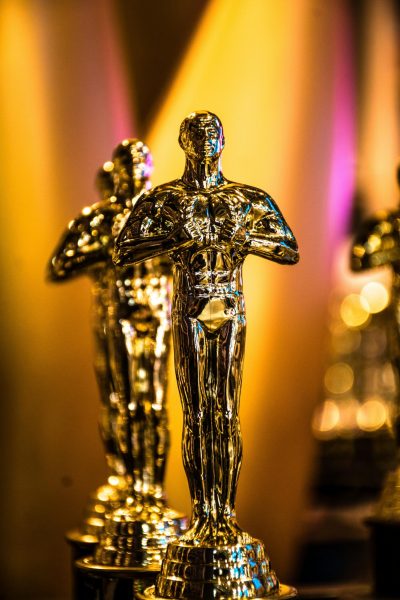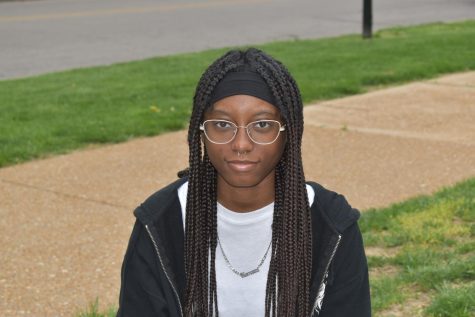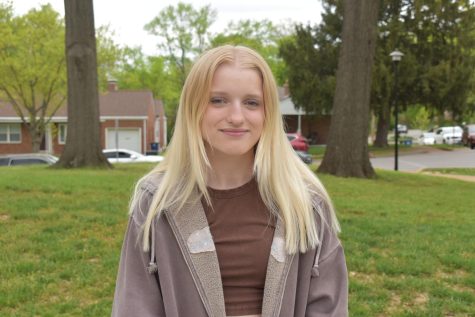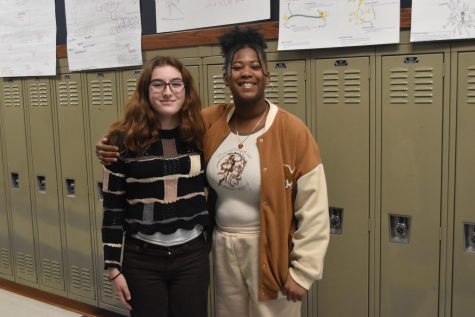We need positive muslim representation in film
May 15, 2023
Diverse representation in film is imperative when aiming to connect to audiences, but the lack of accuracy in their representation has caused more harm than good, especially in the Muslim community. For years, Muslims have been portrayed as untrustworthy terrorists and have made Muslim women seem oppressed by their religion. It has to stop.
Nearly a quarter of the world’s population is Muslim and yet their representation in Hollywood remains at 1.6%, according to the USC Annenberg Inclusion Initiative study that examined 200 movies from 2017-2019. The study discovered that about 50% of the Muslims in those films were connected to violence, referred to as “foreigners” or simply cast as Middle Eastern disregarding the fact that Islam is one of the most diverse religions. The lack of effort put into their representation is unacceptable.
Raising my Muslim nieces in a world that represents us in harmful ways has made it difficult due to the influence of films and social media. Children begin to form their identities based on the influence of peers and film, but the lack of correct Muslim representation has made it challenging for the younger generation of Muslims to feel prideful of their religion. Although the film industry has slowly progressed with the release of Ms. Marvel and its better representation of Muslims, children still deserve more. From Muslim princesses to superheros, children should be able to see their religion and culture highlighted in more ways than just one.
After the tragic events of 9/11, the rate of Islamophobic hate crimes increased due to the rise of the stereotype that Muslims are terrorists, and since then they have been painted as the main suspects when it comes to the crime. That one tragic event has followed Muslims in America for years even on screen when it comes to being represented. The terrorist trope in films has contributed to the harmful ways Muslims are seen and in the process contributed to the increase of hate crimes towards Muslims in America. With the influence TV has on people, many have been blinded by stereotypes to understand that the Quran doesn’t condone these acts of terrorism done in the name of Islam. Surah Al-MaiIdah Ayat 32 states, “Whoever takes a life—unless as a punishment for murder or mischief in the land—it will be as if they killed all of humanity; and whoever saves a life, it will be as if they saved all of humanity.”
American Sniper was a film released in 2014 that resulted in many hate crimes against Muslims due to how they were portrayed. The movie is based on a US soldier’s service journey while in Iraq where Chris Kyle (played by Bradly Cooper) set history with his 160 kills, with was the highest in U.S. history. The portrayal of the Muslim extremist resulted in many Islamophobic threats towards the community on social media platforms such as Twitter and Facebook.
The threats gradually intensified until they reached the American-Arab Anti-Discrimination Committee (ADC), which resulted in the committee sending a letter to the directors of American Sniper, Clint Eastwood and Bradley Cooper to draw attention to the “violent threats” towards their members and asking them to speak out to help reduce the hate. But in addition to their letter, the ADC encouraged the Muslim community to send in any threats received due to the release of the movie, and they were able to gather more than 100 threats. Jack Horner, a spokesman for Warner Bros. told the Reuters news agency that their company “denounces any violent, anti-Muslim rhetoric, including that which has been attributed to viewers.”
But they weren’t the only film to portray Muslims in harmful ways. Netflix has had a horrible reputation when it comes to Muslim representation. Since the release of their Netflix original Elite, many Muslims have voiced their opinions when it comes to Nadia (played by Mina El Hammani) and the character’s poor job of representing young Muslim women. In the show, Nadia is a lower-class teenager attending a very prestigious school made for the elite on scholarship. With her low status plus the representation of her hijab she endures acts of islamophobia and is written to be seen as oppressed by her culture.
The school threatened expulsion, claiming a hijab did not meet uniform standards. Everything from the request to the threats was unacceptable and degrading. A woman’s hijab represents more than just her modesty but her commitment to her faith and having not only watched her classmates but her principal contribute to the islamophobic acts created by society was disappointing. Muslim women aren’t oppressed by their Islamic beliefs and depicting them as such is not only harmful but wrong.
Muslims have voiced their concerns when it comes to representation for years, and there needs to be a change. They deserve more than just being seen as terrorists and oppressed by their religion; they deserve to see Jumma prayers and Eid celebrations. Muslims have dealt with the backlash of the tragic events of 9/11 for too long. Times have changed and so should their narrative of Muslims.



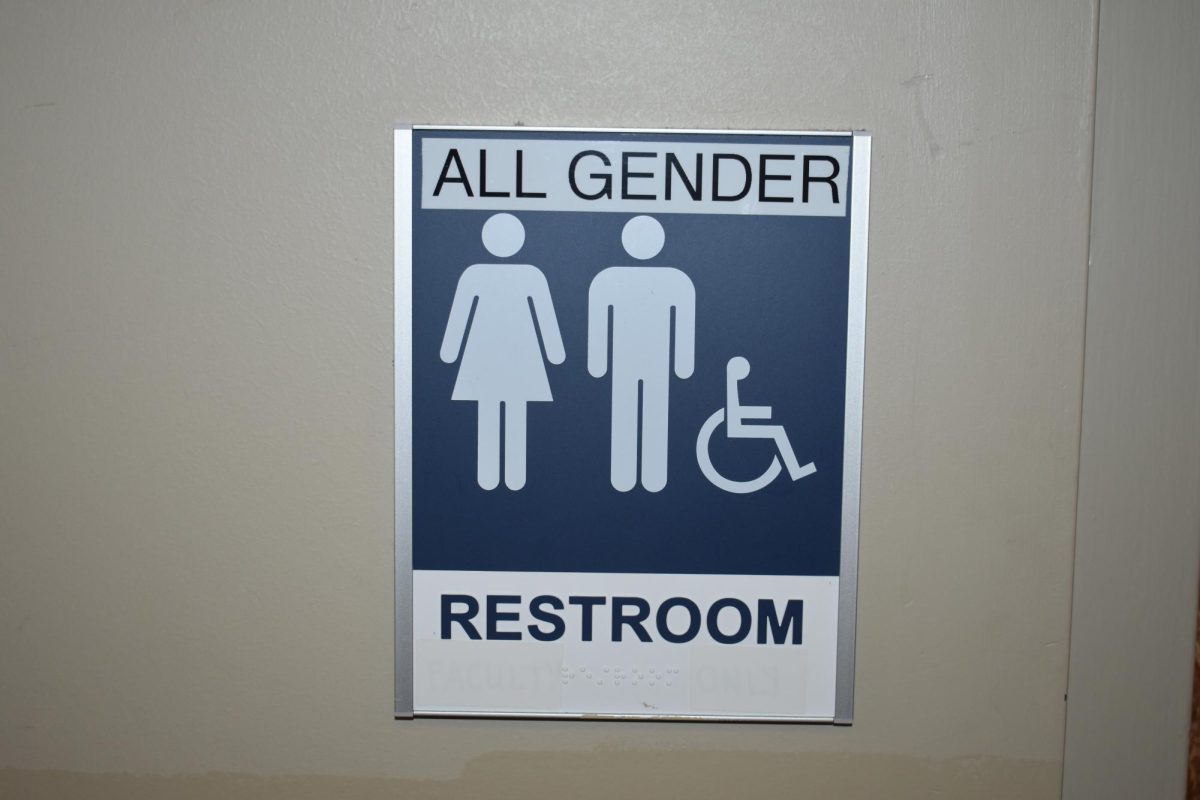
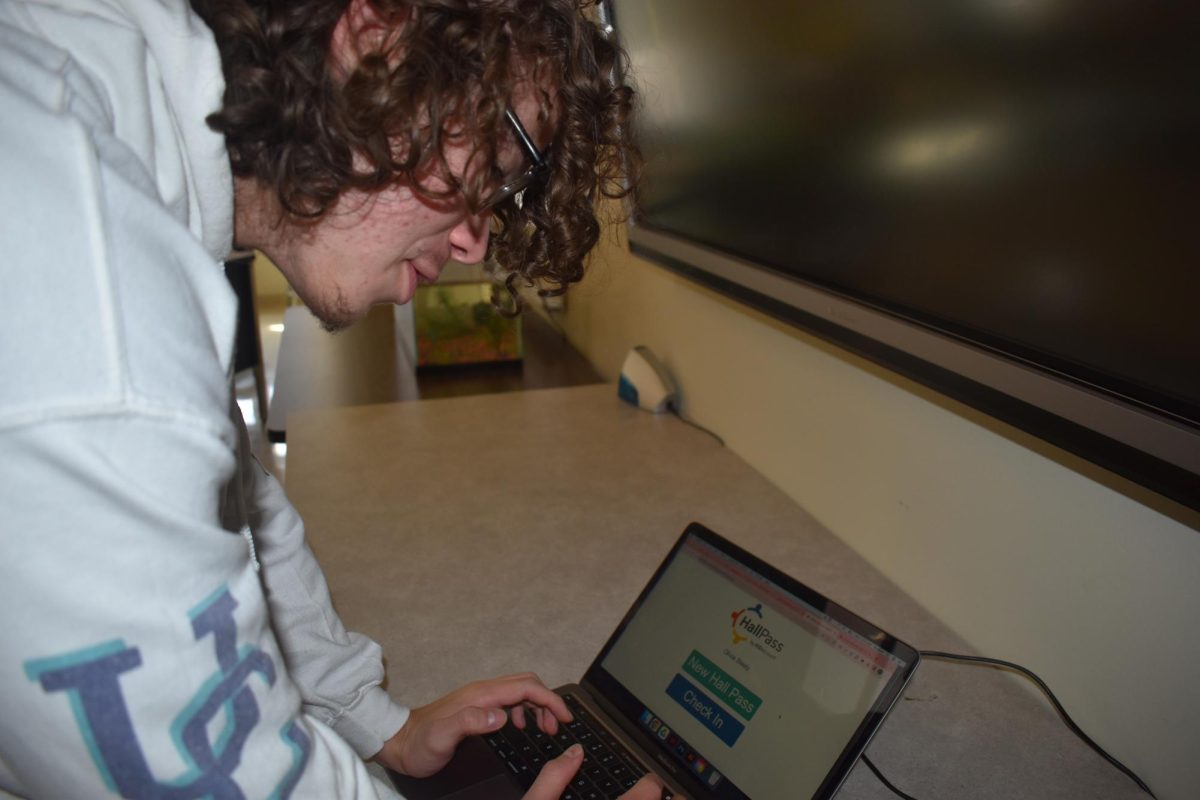
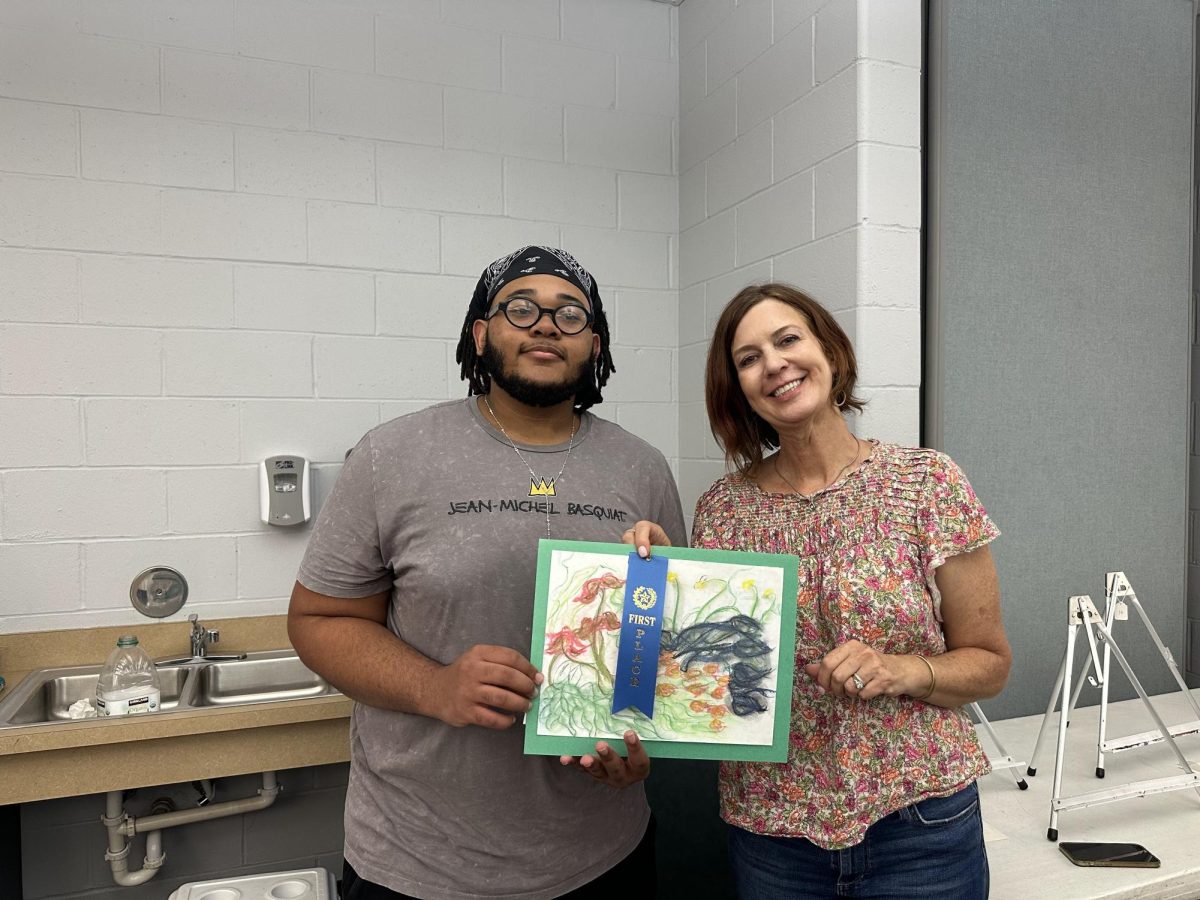



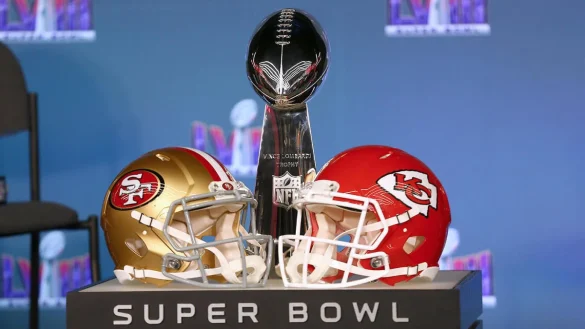

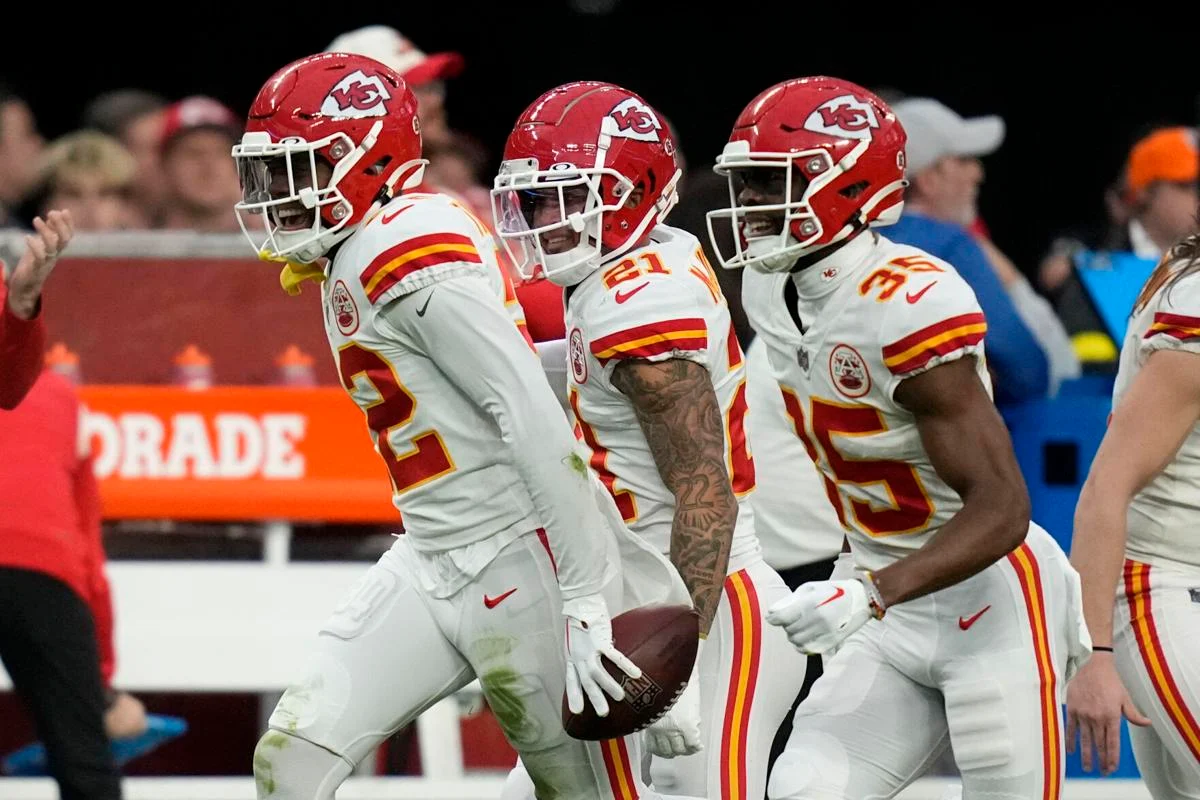



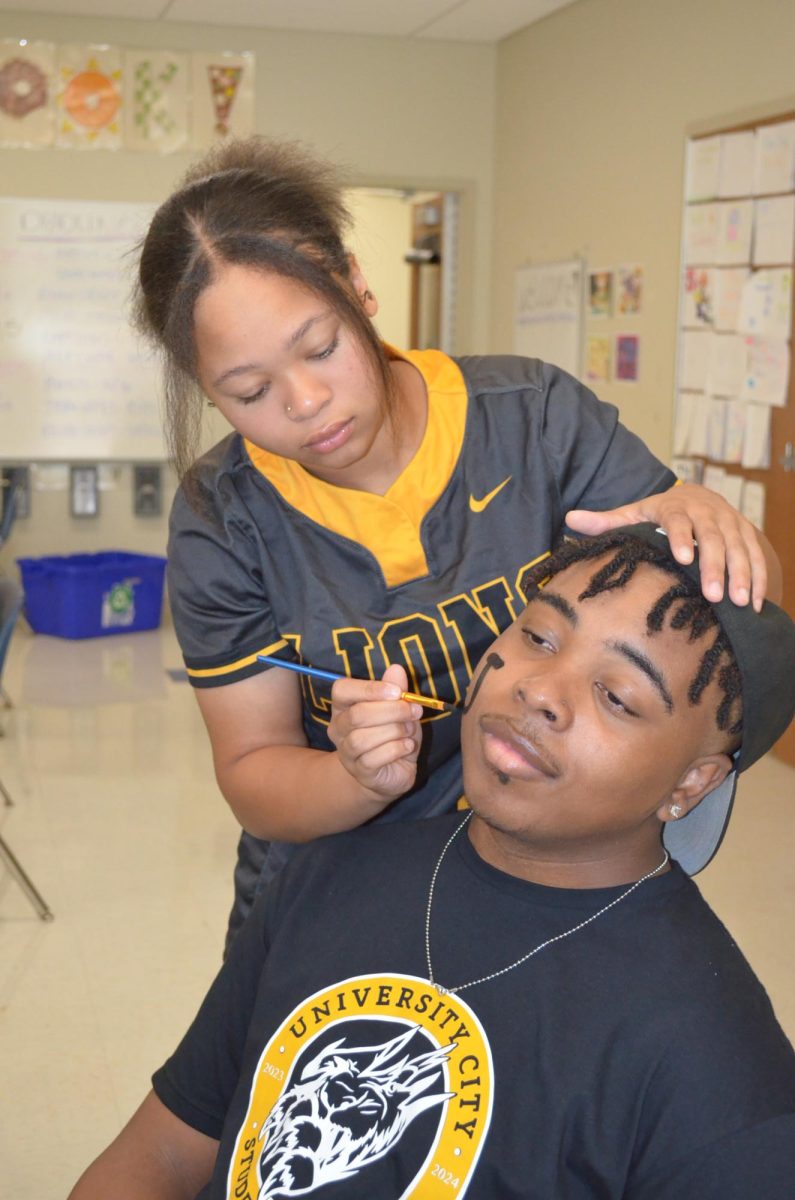
![Benjamin Williams and Reese Sherman, social studies teachers, explain department information a guest. This [open house] was, for me, a great opportunity to meet family in the district that will soon be attending the high school, Williams said.](https://www.utimesonline.com/wp-content/uploads/2024/02/DSC_9117-1200x800.jpg)



